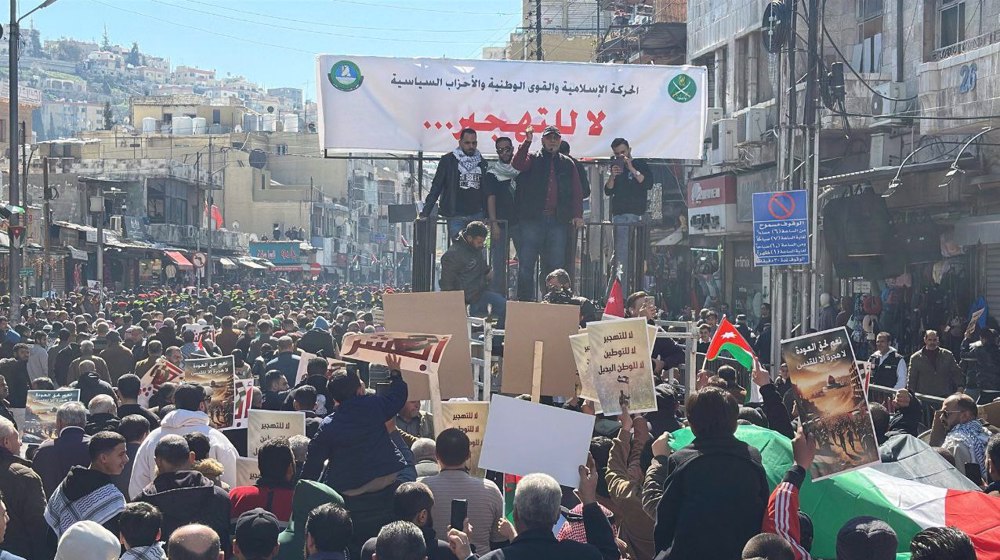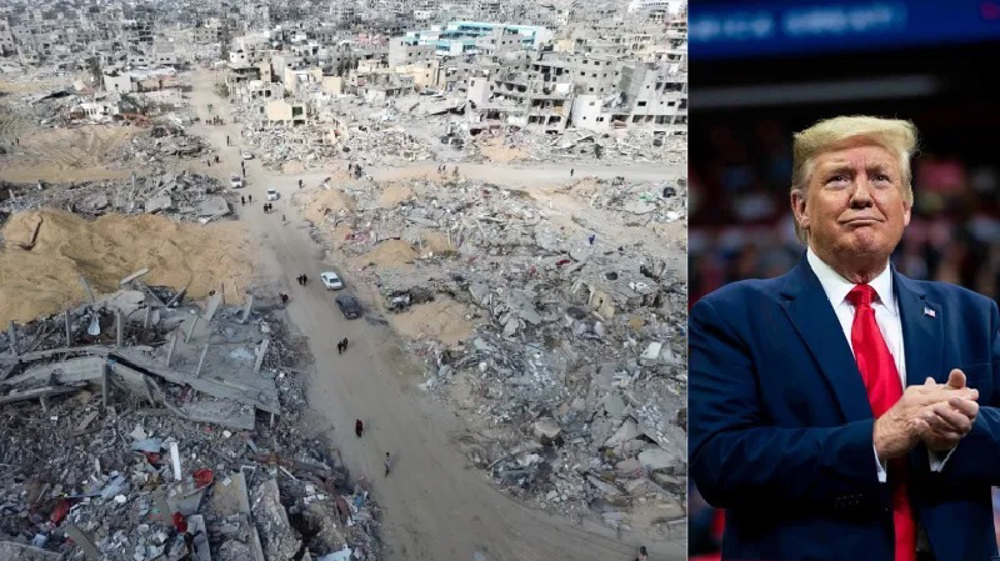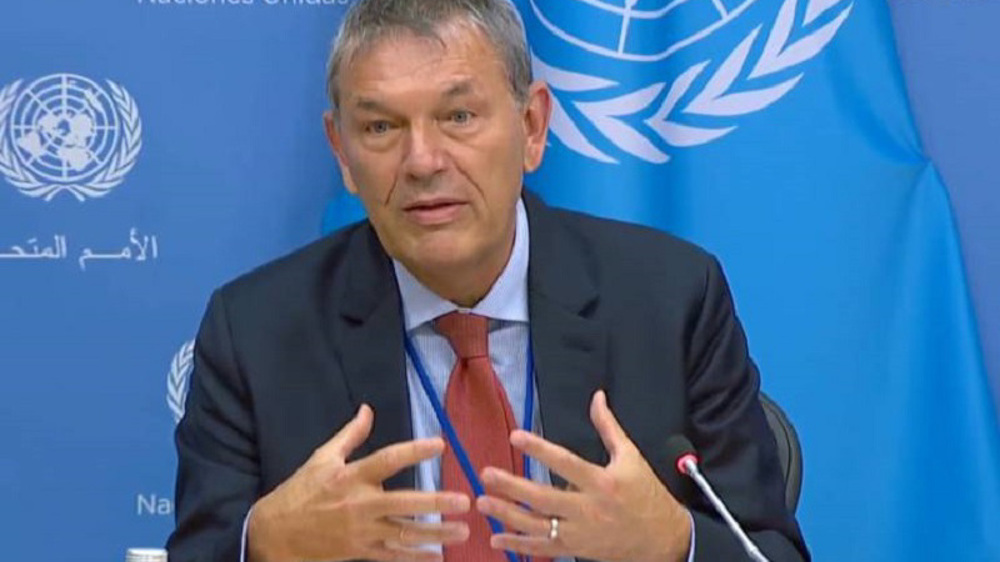Hadi urges UNSC to sanction military intervention in Yemen
Yemen’s resigned president, Abd Rabbuh Mansur Hadi, has urged the United Nations Security Council (UNSC) to authorize military intervention in the strife-torn country against Ansarullah revolutionaries of the Houthi movement.
Hadi asked the UNSC in a letter on Tuesday to pass a resolution sanctioning military action against Ansarullah revolutionaries under chapter 7 of the world body’s charter.
He warned that the Houthi fighters continue to advance towards the southern port city of Aden, the base of forces loyal to Yemen’s fugitive president "in a very alarming and dangerous" way.
Hadi added the UNSC should immediately allow the allies of the Western-backed president to take “all means and measures” to prevent what he called “the Houthi aggression expected to occur at any hour from now against the city of Aden.”
"The threats posed by the Houthis are not targeting the security of Yemen, but the regional and international peace and security," claimed Hadi, who was a staunch ally of the United States and Saudi Arabia in the region.
Chapter 7 of the United Nations’ Charter allows the Security Council to slap sanctions and use military force “to maintain or restore international peace and security if it determines “the existence of any threat to the peace, breach of the peace, or act of aggression.”
On Monday, Hadi had also called on Persian Gulf Arab countries to intervene militarily in Yemen.
Meanwhile Saudi Arabia's Foreign Minister Saud al-Faisal voiced concerns on Monday about the growing power of Ansarullah revolutionaries in Yemen, warning that Riyadh is ready to “take the necessary measures” against Houthis.

"We are keen on protecting Yemen’s sovereignty, the legitimacy of Yemen represented by President Hadi," Faisal claimed.
In late 2009 and early 2010, Riyadh launched airstrikes against the positions of Ansarullah revolutionaries near the Saudi border. Back then, Houthis were fighting Yemen’s long-ruling dictator, Ali Abdullah Saleh, who was also backed by the Riyadh regime.
In late January, Hadi, along with the cabinet of Prime Minister Khaled Bahah, stepped down ,but the Yemeni parliament did not approve their resignation.

Hadi fled his home in the capital, Sana’a, on February 21 after weeks under effective house arrest and went to Aden, Yemen’s second largest city, where he officially withdrew his resignation and highlighted his intention to resume duties.
Hadi came to power as the country’s president in a one-man election backed by Saudi Arabia and the United States in February 2012. During his three years in office, Hadi was constantly under fire by opposition groups for widespread corruption in his administration and also for failing to thwart the rising threat of the Yemen-based al-Qaeda in the Arabian Peninsula (AQAP).
FNR/NN/HRB

Jordanians rally en masse to censure Trump's Gaza takeover plan

Jordan rejects US proposal to relocate Palestinians

UNRWA unraveled amid Israel's allegations, reduced intl. support
Israeli warplanes carry out more airstrikes near Damascus
Denmark's PM visits Greenland after Trump threat to seize it
Pezeshkian: If Muslim nations unite, enemies cannot oppress them
Hundreds of thousands of Gazans flee as Israel ‘wipes out’ Rafah
Trump tariffs spark global condemnation as markets crash
Russia blasts Trump’s 'unacceptable' threat of bombing Iran
VIDEO | Yemen shoots down another US drone
VIDEO | Israeli killers pursues Palestinians inside the 'Safe Zone'







 This makes it easy to access the Press TV website
This makes it easy to access the Press TV website